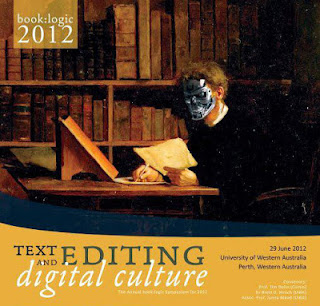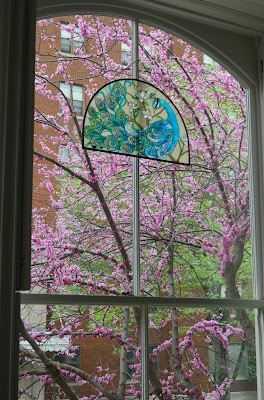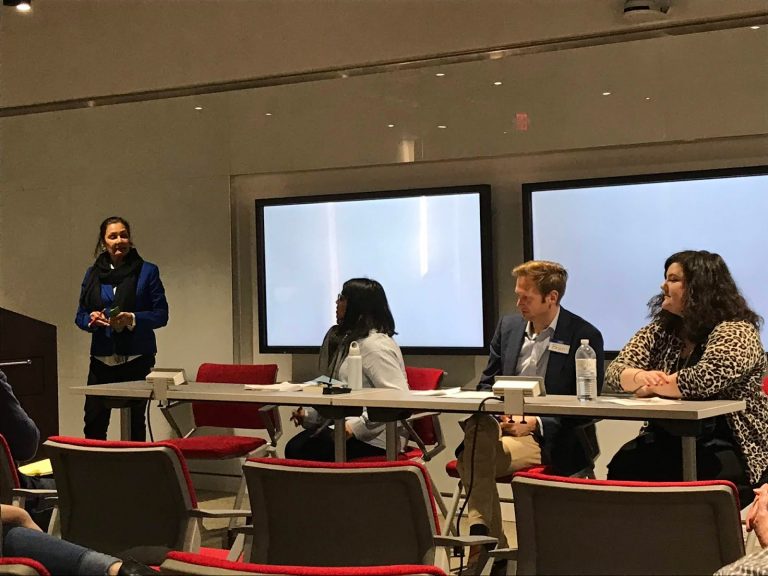On the Road: Alexa’s Travels Part 2
 |
| A beautiful peacock-in-residence in the arts building on the campus of University of Western Australia, Perth. He clearly owns the place. |
Alexa on Shakespeare Around the Globe, Part 2
Speaking on touring performances while grappling with demanding international travel itineraries and writing several talks over the Atlantic and Pacific definitely brought home the idea of arts perpetually in transit. The experience also gave me a new perspective on globalization. “Global village,” as it turns out, is a cheap slogan detached from reality. The sheer distance to be traversed and all the oceans to be crossed are a sobering reminder of the importance of rooted cosmopolitanism and of locality.
This digital humanist takes the lesson to heart. Reading and writing are always done from somewhere rather than nowhere. Archives that are born digital have the capacity to both eradicate and preserve a sense of place. Travel restores a sense of place to our visceral and virtual experiences. This is one of the points I made in my keynote at the 2012 Book:Logic conference on “Text Editing and Digital Culture” at University of Western Australia, Perth.
 |
| A walk down the memory lane in the hilly neighborhood of Kiyomizu Temple in Kyoto, Japan. This is not some Disneyfied theme park, but rather how the residents carry out their daily life. |









